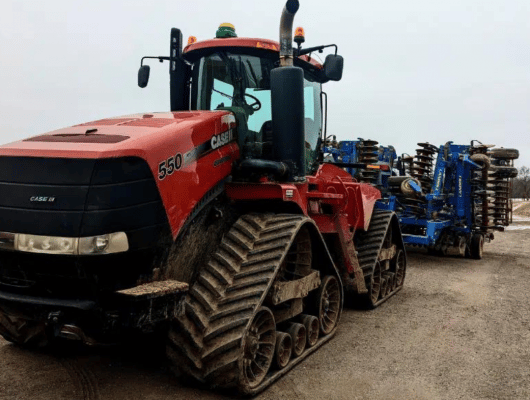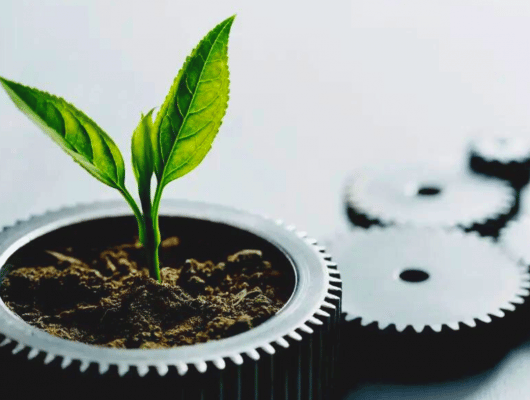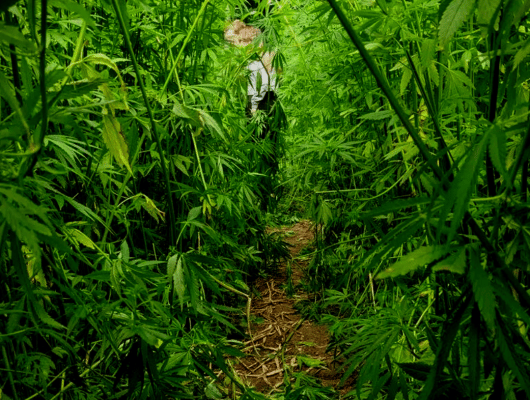
Our regenerative
future together
Frequently Asked Questions
Below are a few frequently asked questions our team receives from the agriculture, chemical, manufacturing, and sustainability industries.
Today, our hemp fiber is grown in Michigan and 6 other states. We also purchase bales of hemp off the spot market through a reliable QA / QC process.
You can fill out the contact form below to connect with one of our team members. From there, we can determine if sample materials are appropriate.
So far, companies have used Heartland’s materials as additives in plastic, rubber, foam, asphalt, concrete, paper, and ceramic. Every day we get new ideas and projects in our inbox. Feel free to reach out to see if your application is a fit.
Heartland works with brands and their suppliers to embed natural fibers into their supply chain to reduce cost, weight, and carbon footprint without any retooling costs.
Heartland’s first USDA grant is a 3 year program called ‘Hemp4Soil’ that aims to study industrial hemp, regenerative agriculture, and carbon sequestration.
Heartland is completing an LCA with Presidio, one of the top sustainability graduate programs in the world. This LCA, alongside soil carbon data, will quantify how carbon negative Heartland’s materials are.
Heartland is partnering with global brands and suppliers to support local farming and local manufacturing. We are open to strategic partnerships when and where it makes sense.
Today, Heartland’s go-to high-performance natural fiber is industrial hemp. As time (and locations) expand, we will integrate other materials into our products.
Potentially. Please reach out on our farming page so that someone from the Heartland team can connect with you.
The USDA biopreferred program is for government-mandated purchasing. Since Heartland’s materials are certified, Heartland’s customers can apply for biopreferred contracts (as long as Heartland’s materials make up more than 22.5% of the compound).
The 5th industrial revolution is about embedding sustainability throughout the value chain.
Typically, with bio-based materials, there is a sacrifice that brands and suppliers make. Sustainability without compromise is about maintaining performance properties without compromising strength, weight, or price.
Sustainable Material Innovation (SMI) focuses on the development of lower-carbon-footprint materials, component parts, and end products.
By themselves, hemp fibers are compostable and biodegradable. But, the compostability of plastic will always depend on the resin, not on the additive.
Heartland’s additives can be picked up by infrared sensors currently being used in Material Recovery Facilities (MRF’s) and other recycling facilities.
Not yet. Heartland’s USDA program is creating unprecedented insights specifically for agriculture-focused carbon data. These data points will be used to create America’s leading agriculture carbon credit market. Please reach out to our team if you are interested in carbon credits.




